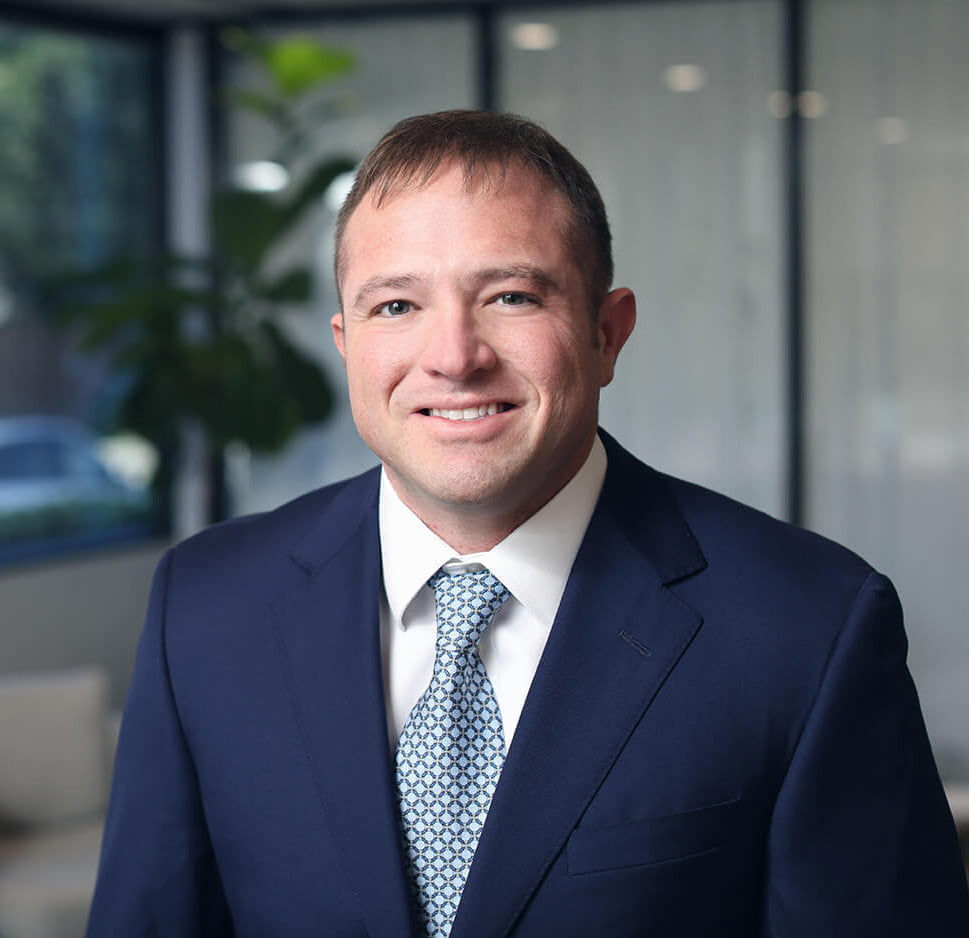I began my work as a substance abuse counselor during my Masters level internship in 2001. I’d been around alcoholism my whole life, and had you asked me way back then, I would have told you that yes, maybe there was a relationship between alcohol and trauma. My father, after all, was a 4-time Vietnam veteran who had been treated, briefly, for PTSD and alcohol abuse in the 1970s. My Mom was also an alcoholic, but she had never been to war, so as far as I was concerned, the connection wasn’t causal, it was just a correlation or maybe even a coincidence. For me, trauma meant one thing – you had nearly died – I didn’t understand that it went any further than that.
Over the last 19 years 2 things have happened. The first is that my knowledge and understanding of trauma has changed and grown. As I said, I thought that there was only one kind of trauma. That isn’t true. Trauma is a broad word. The Substance Abuse and Mental Health Services Administration (SAMSHA) describes trauma as an event or set of circumstances that an individual experiences as life threatening or physically or emotionally harmful. Further, the traumatic event significantly impacts the individual’s ability to function in some or multiple areas of their lives.1 Lots of things can fit onto that spectrum. Here’s a startling fact from SAMSHA: 61% of men and 51% of women reported experiencing some form of trauma in their lives.2
The second thing is this: I have worked with A LOT of people who have been struggling with substance use. I can tell you, without doubting myself one little bit that most of those people have experienced some form of trauma in their lives. Some experienced big, singular identity shifting events like combat exposure or sexual assault, some experienced extended periods of abuse or neglect as children and/or as adults, and many had a string of trauma experiences in their past. It’s not just people I’ve worked with in my practice either. In 2013, SAMSHA reported that 90% of individuals in inpatient treatment for substance use disorders reported at least 1 traumatic life experience.2
So, there’s a link.
But what came first, the trauma or the booze (or the pills, heroin, cocaine, meth, pot…)? Here are things we know:
- Comorbidity (2 illnesses at once) between Post Traumatic Stress Disorder (PTSD) and Substance Use Disorders is high, and adolescent substance use has been strongly linked to childhood trauma experiences, including abuse and neglect;3
- Childhood abuse predicts substance use in later life;4
- Individuals who have experienced trauma in the past may engage in risky behaviors, and risky behaviors such as those associated with substance abuse, increase the risk of experiencing traumatic events.5
Without understanding these connections, those who help people with substance use disorders are working from a serious disadvantage and those they treat will suffer. Trauma-informed care is critical. “A trauma-informed approach is defined by SAMHSA as a program, organization, or system that realizes the widespread impact of trauma and understands potential paths for recovery; recognizes the signs and symptoms of trauma in clients, families, staff, and others involved with the system; and responds by fully integrating knowledge about trauma into policies, procedures, and practices, and seeks to actively resist re-traumatization.”2
The connection between trauma and substance abuse is irrefutable. The need for a treatment philosophy that places that link at the top of the priority list is absolute. If you are looking for help for a substance use issue, for you or for a loved one, be sure to put trauma-informed care at the top of your priority list too.
The Author, Tara Moorman is an LPC in Texas with 19 years of experience in the fields of substance abuse and mental health.
1 “Trauma and Violence.” Substance Abuse and Mental Health Services Administration. https://www.samhsa.gov/trauma-violence
2 “Trauma.” Substance Abuse and Mental Health Services Administration. https://www.integration.samhsa.gov/clinical-practice/trauma
3 “Substance Use, Childhood Traumatic Experience, and Posttraumatic Stress Disorder in an Urban Civilian Population” by L. Khoury, Y.L. Tang, B. Bradley, J.F. Cubells, & K.J. Ressler. Depression Anxiety. 2010 Dec; 27(12): 1077–1086. https://www.ncbi.nlm.nih.gov/pmc/articles/PMC3051362/
4 “The Link Between Child Abuse and Substance Abuse.” Reviewed by Michael Kaliszewski, PhD. August 19, 2019. https://americanaddictioncenters.org/blog/the-link-between-child-abuse-and-substance-abuse
5 “Reckless behavior fuels ongoing stress for some with PTSD: Risky conduct could lead to additional traumas, worse PTSD symptoms.” Veterans Affairs Research Communications. ScienceDaily. ScienceDaily, 14 June 2017. https://www.sciencedaily.com/releases/2017/06/170614160507.htm
Dr. Allaire received his Bachelors of Science in Biology from the University of Houston, as Valedictorian of the College of Natural Sciences and Mathematics, and his Medical Doctorate from Baylor College of Medicine, where he served as Chief Resident. He is the medical monitor for the Physician Counseling Committee of the Harris County Medical Society and the Medical Director of Serenity House Detox. Dr. Allaire specializes in medically assisted detox cases, treating patients in recovery from addiction or other mental health disorders, the medical assessment and monitoring of patients with addictive disorders, medical care related to eating disorders and the medical treatment of patients with mental health conditions.



